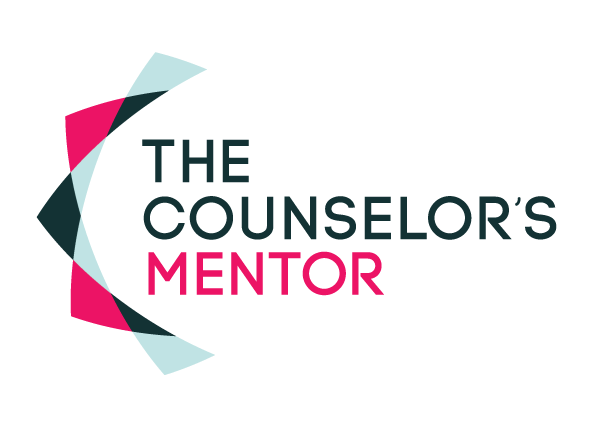Your supervisor has given you a remediation plan. You’re feeling worried, concerned, and quite frankly embarrassed. Remediation plans are reserved for the bad counselors. The ones with terrible ethics and no semblance for professional behavior with clients. Right?
Wrong. While you’re probably thinking this is quite possibly the worst thing to happen in your professional career, remediation does not have to be all bad. A remediation plan is a written documented plan that is reviewed and agreed upon between you and your supervisor. Remediation plans are required by your mental health supervisor to ensure he/she is maintaining ethical standards of the mental health board and overall protecting both your license and the professional supervisor indication.
Remediation plans, while potentially very embarrassing and huge hit to the ego, are not suggestive that you are a bad clinician. On the contrary, you are in supervision to enhance your skills as a clinician and sharpen the tools in your clinical tool belt. Although it feels like you are being ousted, chances are your supervisor cares very much about both the work you do as a clinical professional as well as you in general. If you are having such strong emotional reactions to your remediation plan, this likely means you are invested into the profession as well.
How Does a Remediation Plan Help Me?
So what is the silver lining with remediation plans? For starters, take this as a time for growth. How can you know what areas need improvement if you don’t know your areas of weakness? Remediation plans often highlight blind spots or areas of error that need some work. We all need work. A Remediation plan is simply a written version of a plan to rectify some past error or concern, either ethically or professionally.
How to Get Through a Remediation Plan-
Regulate My Emotions
What can you do in the process? Regulate your emotions. As mental health professionals we are constantly coaching, teaching, facilitating and encouraging our clients to regulate their emotions. Now is your time to apply what you teach. Although an emotionally fueled experience, much of the time remediation plans are objective and factual. It has specific and measurable goals to remediate a problem. You must be willing to reflect and confront your own insecurities and shortcomings from a professional, mature and appropriate way.
Your supervisor still has confidence in you. Your supervisor is creating a remediation plan based off of what they believe you are fully capable of completing. A remediation plan is an agreement between you and your licensed supervisor of how you will be better for your clients. Your supervisor is there to hold you accountable. A remediation plan is your supervisors way of mitigating issues before they surface and rise to a level of higher concern when the Behavioral Health Executive Council needs to step in. A remediation plan can avoid more serious infractions later on that the Board would implement.
How to Get Through a Remediation Plan- Stay Open Minded
Stay open minded. Everything outlined in your remediation plan in terms of a resolution for the error committed is fully tangible. Just remember all of these things are within reach. You can accomplish all, or more, of what is being requested of you through the remediation plans. Stay focused, goal oriented and humble. Once you complete the terms outlined in your remediation plan you are good to go. If a supervisor has any concern of your ability to be a fully independent clinician, it will be outlined in the remediation plan. Read more about what to expect from supervision here. Once you are complete here, you are good to go. Hang in there, work the plan and stay committed to the process- all the things we tell our clients.

